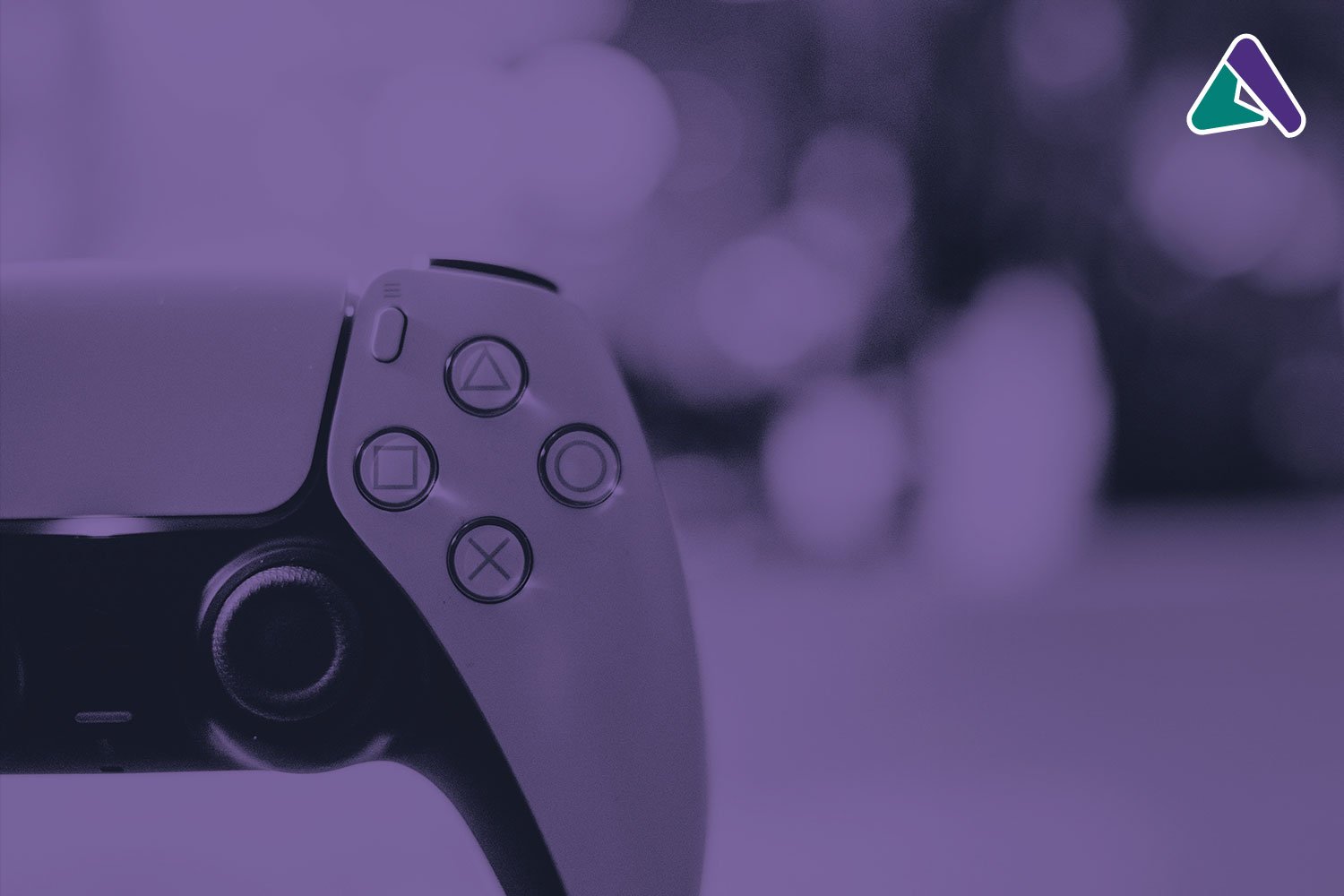The Impact of the Internet of Things on Everyday Life: The Internet of Things (IoT) has ceased to be a futuristic technology and has become an integral part of our daily lives. This network of Internet-connected devices is transforming the way we live, work and interact with our environment. In this post, we will explore the impact of IoT on everyday life through concrete examples and insights into its evolution.
Examples of IoT in Everyday Life
1. Smart Home
Smart homes are a clear example of how IoT has changed our lives. Smart thermostats, connected security systems, voice-controlled appliances, and automated lights are just a few of the applications. Smart homes offer convenience, energy savings and improved security.
2. Health and Wellbeing
In the healthcare space, IoT has enabled devices like smart watches and health monitors that track our daily activities, vital signs, and sleeping habits. This data can be shared with medical professionals for more effective monitoring and accurate diagnoses.
3. Smart Urban Mobility
Smart cities use IoT sensors to manage traffic, monitor air quality, and improve energy efficiency. This translates into less congestion, less pollution and a better quality of life for urban residents.
4. Precision Agriculture
In agriculture, IoT is used to monitor and control factors such as soil moisture, temperature, and air quality. This allows for more efficient and sustainable agriculture, with the ability to adjust irrigation and nutrients according to the needs of the crops.
Future Perspectives of IoT
1. Greater Interconnection
The IoT will continue to grow in scope and complexity. Devices will become even more interconnected, allowing for more fluid communication and automation of everyday tasks.
2. Applications in Industry
The IoT is transforming industries such as manufacturing, logistics and healthcare. Automation and real-time monitoring will drive efficiency and productivity.
3. Security and Privacy
As more devices collect personal data, security and privacy will be critical challenges. Robust measures will be required to protect user information.
4. Sustainability
IoT can also contribute to sustainability by enabling more efficient use of resources such as energy and water. Environmental monitoring will help address pollution and climate change issues.
The Internet of Things is already present in our daily lives, and its influence will only continue to grow. From the convenience of the smart home to improving healthcare and urban mobility, IoT is everywhere, improving our quality of life and creating a more connected and smart future.






